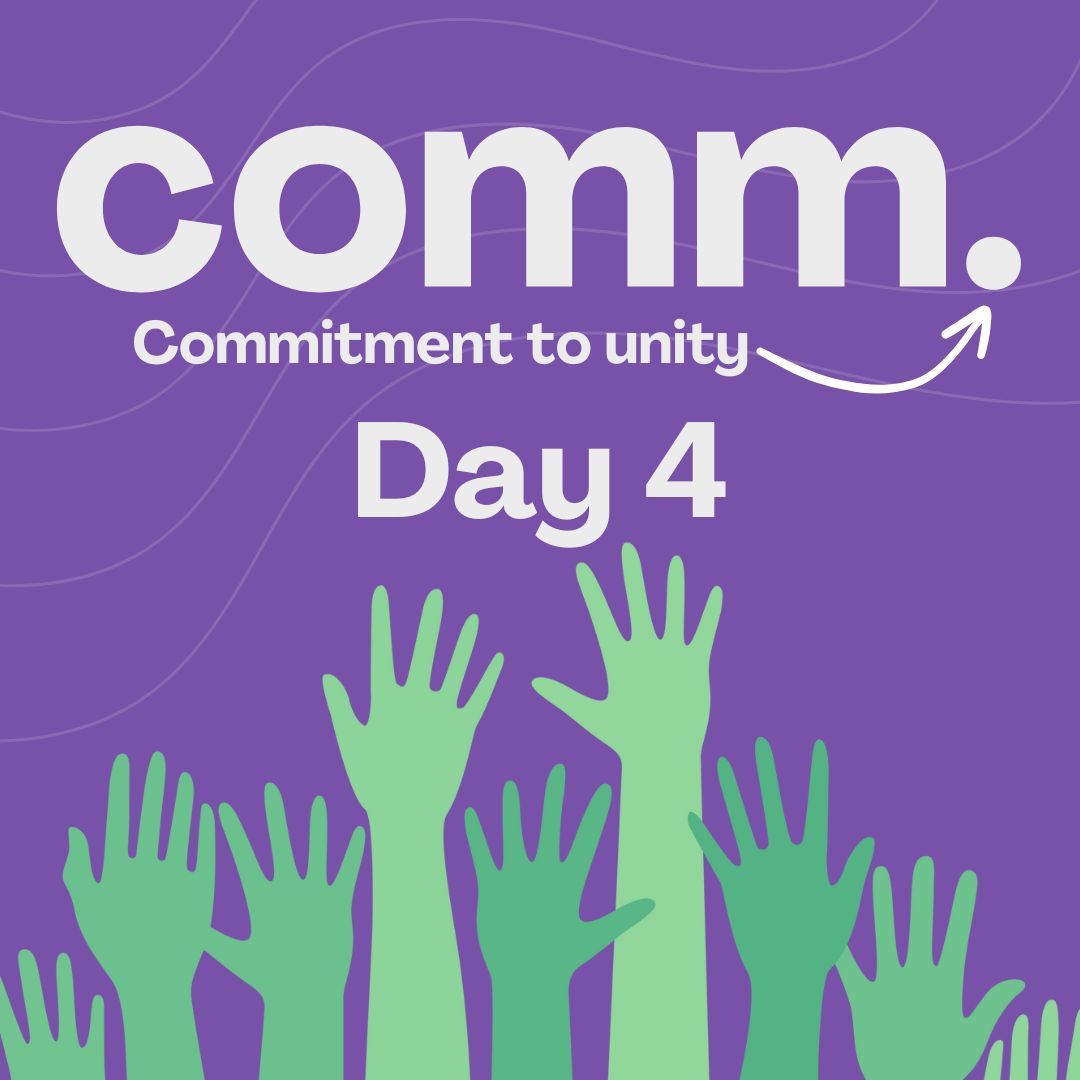If they still refuse to listen, tell it to the church; and if they refuse to listen even to the church, treat them as you would a pagan or a tax collector.
Matthew 18:17 (NIV)
Let’s delve into those tough conversations we all dread. You know the ones—they start with misunderstandings or hurt feelings, and before you know it, things get tense. In Matthew 18:17, Jesus provides us with clear steps to handle these situations. He understands the complexities and challenges of interpersonal conflicts. He advises us that if someone doesn’t listen when we try to resolve a problem, we should seek wise counsel and involve others. His words remind us that we are not alone in our struggles.
Reflect on when you tried to resolve a conflict independently, but it didn’t go well. Perhaps you felt frustrated or at a loss for what to do next. Jesus, in His infinite wisdom, understands that not every conflict can be resolved one-on-one. He advises us to seek help from others, bringing the issue to trusted community or church members. This isn’t about ganging up on someone but seeking wisdom and perspective to find a resolution. His understanding and empathy validate our struggles and provide comforting reassurance.
Envision a family dispute where siblings can’t see eye to eye. No matter how many times they talk, nothing changes. However, a family counselor or trusted friend can provide fresh insights and help bridge the gap, transforming the situation. This is precisely what Jesus advocates—getting wise and neutral perspectives to help resolve complex issues. His guidance instills hope and optimism, reminding us that the right approach can overcome even the most challenging conflicts.
Sometimes, our emotions can cloud our judgment when we’re too close to a situation. We might feel hurt, angry, or defensive, making it hard to see things. This is why seeking wise counsel is so crucial. It brings balance and clarity to the conversation and empowers us to navigate the rough waters of conflict with grace and understanding. It’s a reminder that we have the tools and support to handle difficult conversations.
King Solomon, known for his wisdom, often sought counsel from others. In Proverbs 11:14, he wrote, “For lack of guidance a nation falls, but victory is won through many advisers.” Even the wisest among us need advice and support from others. This applies to our personal conflicts, too. We can find pathways to peace that we might have missed by involving wise counsel.
So, what does seeking wise counsel look like in practice? It means reaching out to trusted friends, mentors, or leaders in your community who can offer objective advice and support. These people can help mediate the conversation, ensuring both sides are heard and understood. They can provide biblical perspectives and pray for discernment and peace.
When Jesus says to bring the issue to the church, He’s highlighting the role of the community in resolving conflicts. Our community can provide the support and wisdom to navigate these tough conversations. It’s not about shaming or punishing anyone but finding a path to reconciliation and healing.
When Jesus teaches us to treat someone as a “pagan or a tax collector” (Matthew 18:17), He emphasizes setting healthy boundaries with compassion. Despite our reconciliation efforts, some may not be ready to mend relationships. This approach safeguards the community, extends grace, and leaves room for future reconciliation, striking a balance between firm boundaries and Christ-like love.
Think about the challenging conversations you’ve had or need to have. Are there conflicts in your life that seem impossible to resolve alone? Who in your community can you turn to for wise counsel? Remember, seeking help isn’t a sign of weakness; it’s a step towards strength and resolution.
As we reflect on Matthew 18:17, let’s commit to seeking wisdom in our difficult conversations. Let’s lean on our community and the wise counsel God has placed around us. Doing so allows us to navigate these challenges gracefully and find peace and resolution in our relationships.
Godseekers, let’s remember that our ultimate goal in conflict resolution is not punishment but restoration. We should always seek to extend love, maintain healthy boundaries, and pray for reconciliation. Embrace the wisdom and support of our community. Let’s seek guidance when needed and be open to the insights others can provide. This way, we can handle our conflicts in a way that honors God and strengthens our relationships.
Prayer
Lord, give us the humility to seek wise counsel in difficult conversations. Guide us to those who can help us see clearly and navigate conflicts with grace and understanding. May Your wisdom lead us to peace and reconciliation in all our relationships. Amen.
Personal Reflection
- Are there any conflicts in which you need wise counsel? Who can you turn to for advice and support?
- How can you become a source of wisdom and support for others in your community facing difficult conversations?
Step of Faith
This week, identify a challenging conversation you’ve been avoiding. Contact a trusted friend, mentor, or community leader for advice and support. Be open to their guidance and take steps towards resolving the conflict with their help. Trust that God will work through these wise counselors to bring peace and healing.








